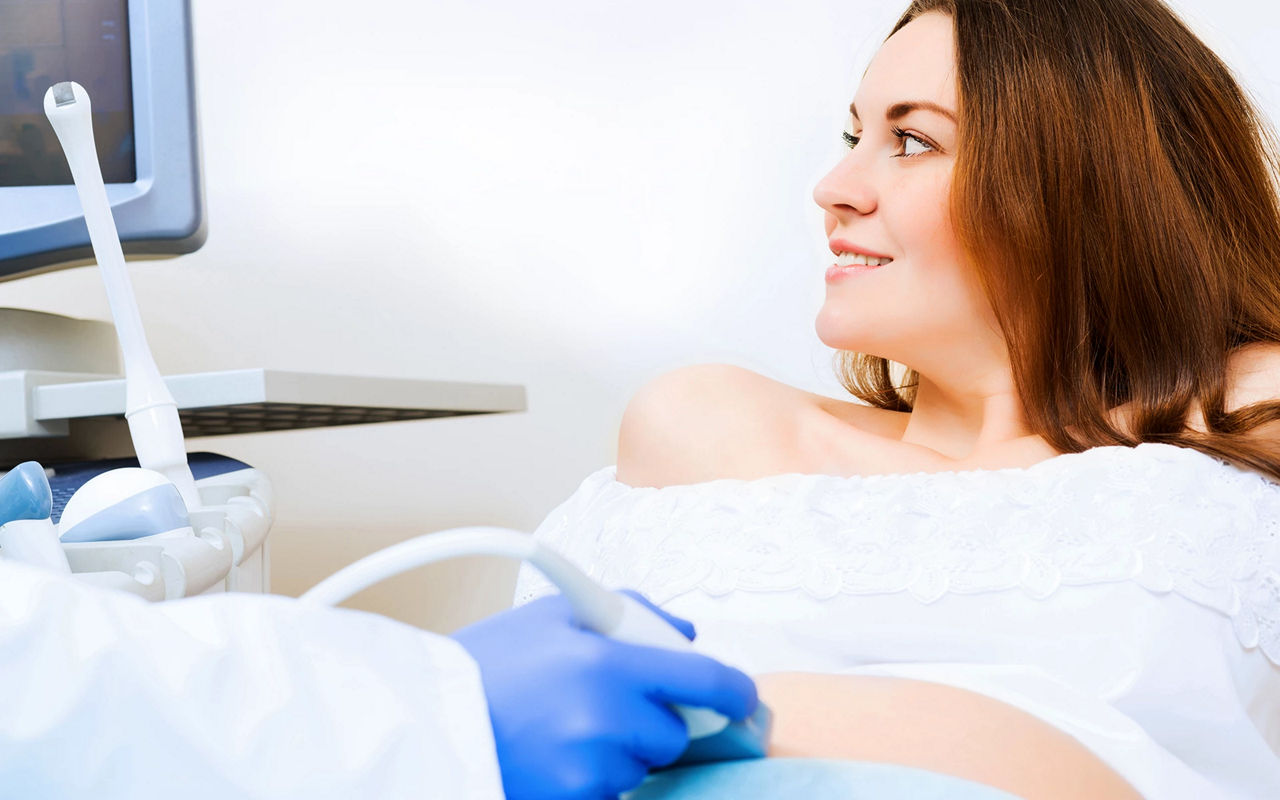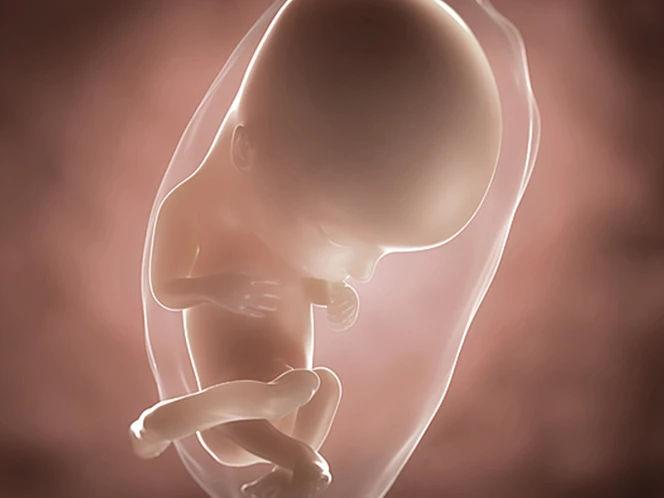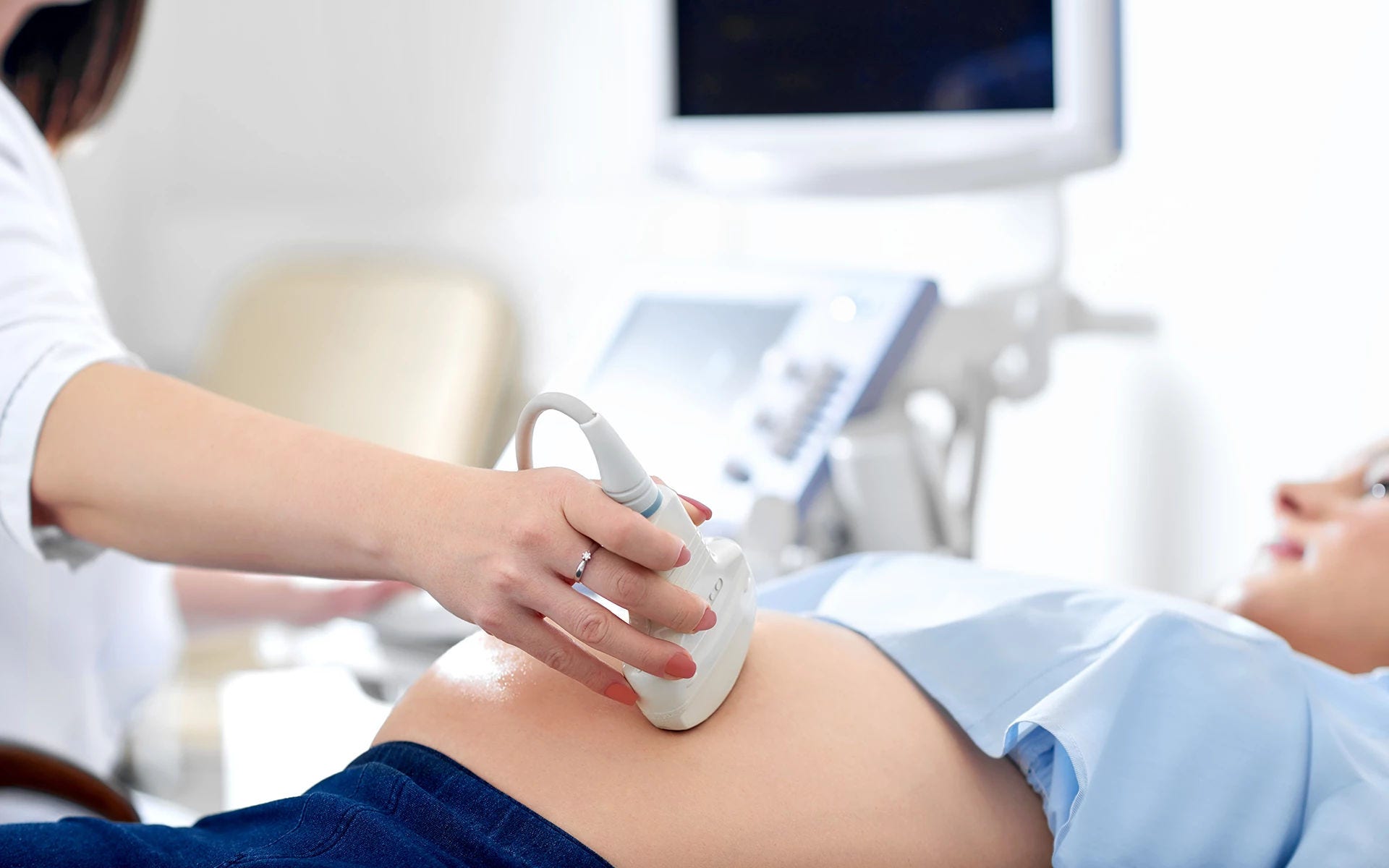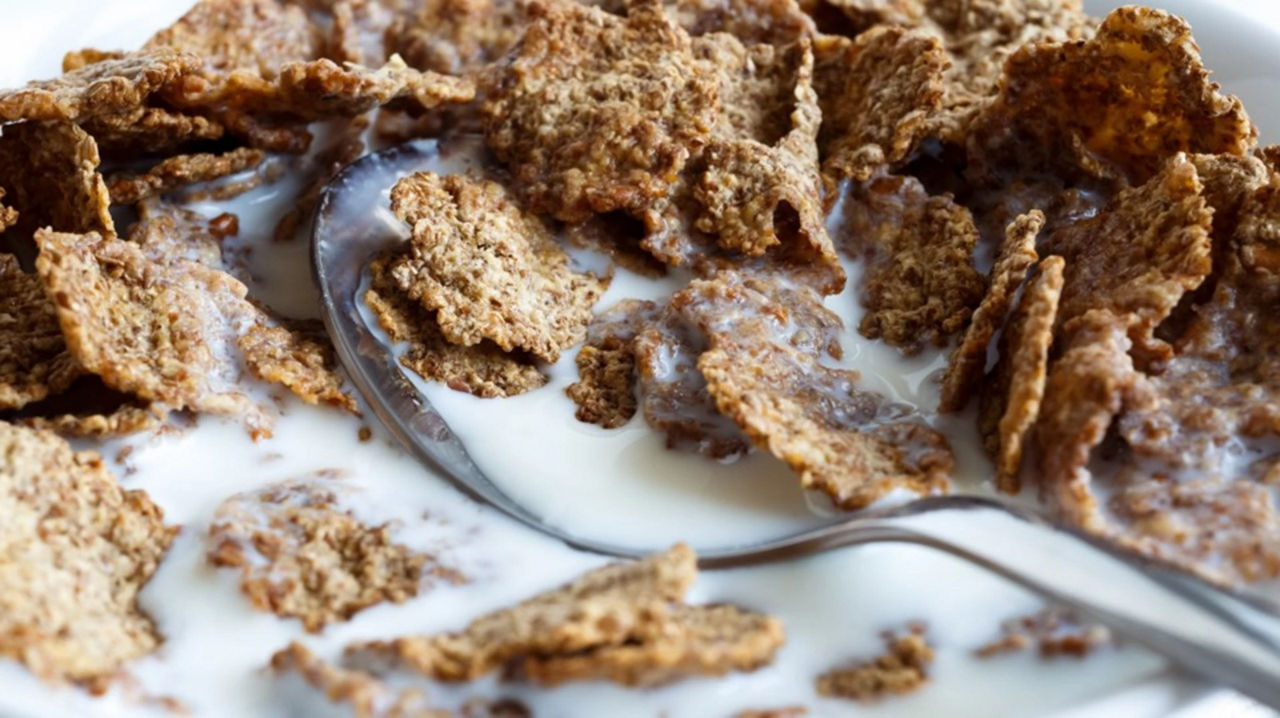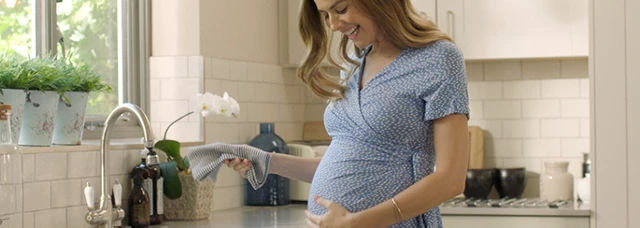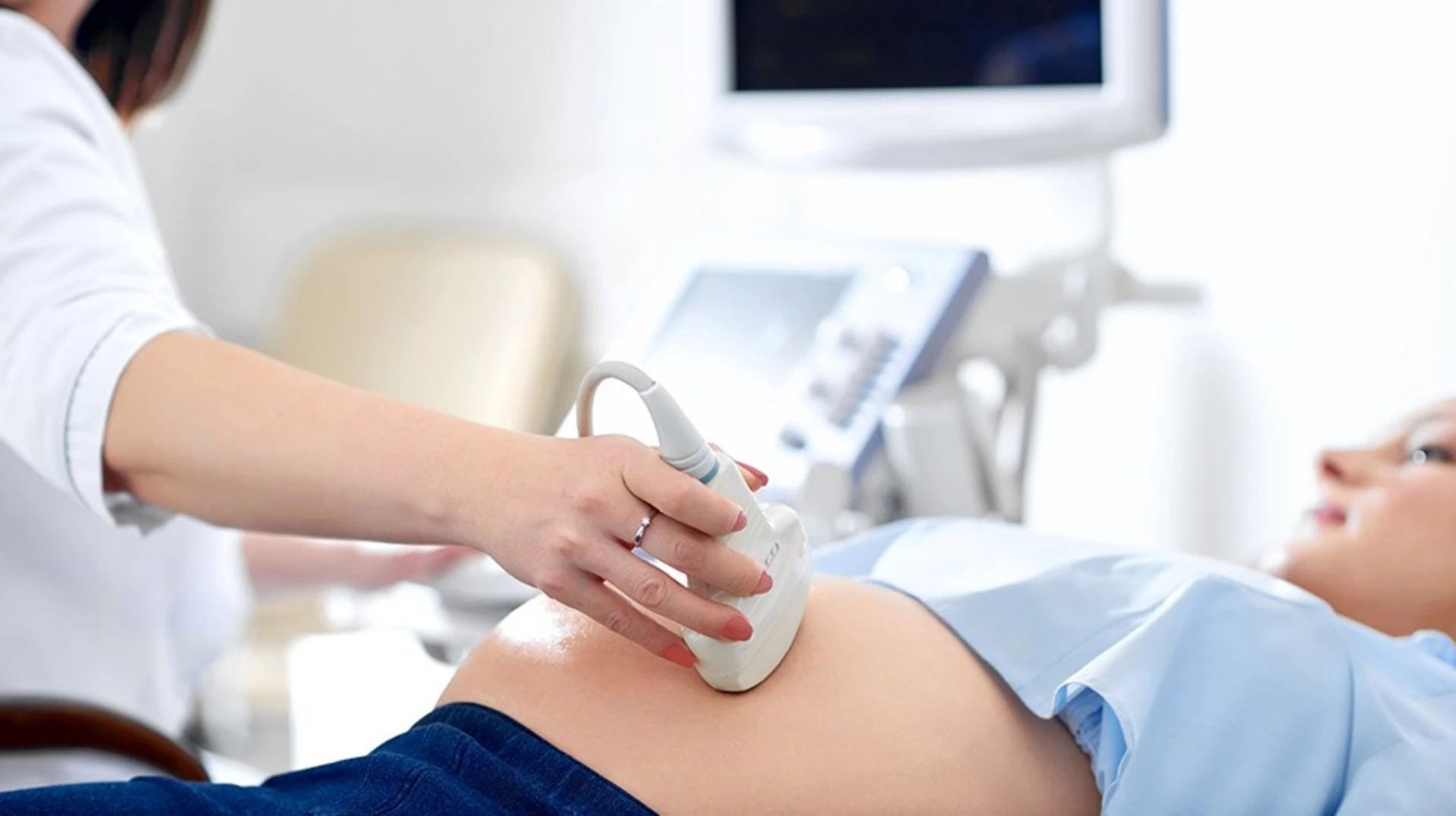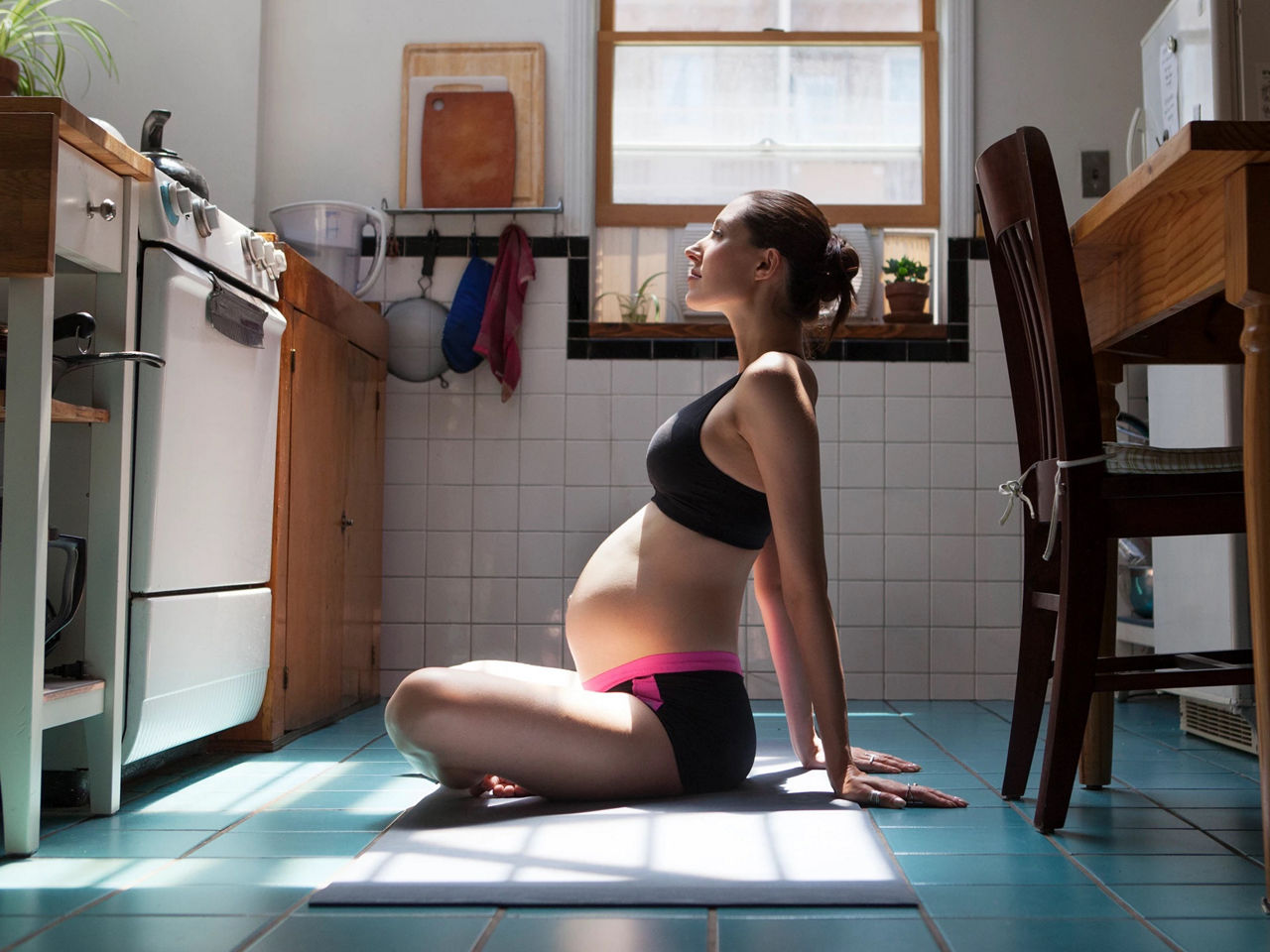1. Murkoff H, Mazel S. What to Expect When You’re Expecting. 4th ed. London: Simon & Schuster Ltd, 2009. p. 169.
2. NHS UK. You and your baby at 9-12 weeks pregnant [Online]. 2013. Available at: www.nhs.uk/conditions/pregnancy-and-baby/pages/pregnancy-weeks-9-10-11-12.aspx [Accessed June 2014]
3. Stoppard, M. New Pregnancy and birth book. The classic Guide for parents to be. New York: Ballantine Books, 2009. p. 83.
4. Medline Plus. Fetal development [Online]. Available at: https://medlineplus.gov/ency/article/002398.htm [Accessed June 2014]
5. NHS. Signs and symptoms of pregnancy [Online]. Available at: https://www.nhs.uk/conditions/pregnancy-and-baby/signs-and-symptoms-pregnancy/ Page last reviewed: 6 October 2018. Next review due: 6 October 2021.
6. Noel M. Lee, M.D., Gastroenterology Fellow and Sumona Saha, M.D., Assistant Professor of Medicine. Nausea and Vomiting of Pregnancy. 2011. Pub 2013. [Online] Available at: https://www.ncbi.nlm.nih.gov/pmc/articles/PMC3676933/
7. NHS Start 4 Life. 1st trimester, week 10 [Online]. Available at: https://www.nhs.uk/start4life/pregnancy/week-by-week/1st-trimester/week-ten/
8. NHS. Vaginal bleeding in pregnancy [Online]. Available at: https://www.nhs.uk/conditions/pregnancy-and-baby/vaginal-bleeding-pregnant/ Page last reviewed: 26 January 2018. Next review due: 26 January 2021.
9. NHS. Stomach pain in pregnancy [Online]. Available at: https://www.nhs.uk/conditions/pregnancy-and-baby/stomach-pain-abdominal-cramp-pregnant/ Page last reviewed: 1 May 2018. Next review due: 1 May 2021.
10. Claudio N. Soares and Brook Zitek. Reproductive hormone sensitivity and risk for depression across the female life cycle: A continuum of vulnerability? 2008. [Online] Available at: https://www.ncbi.nlm.nih.gov/pmc/articles/PMC2440795/
11. British Nutrition Foundation. N-3 fatty acids and health [Online]. 2000. Available at: http://nutrition.org.uk/attachments/156_n-3%20Fatty%20acids%20and%20health%20summary.pdf
12. Gandy J (ed). Manual of Dietetic Practice. 5th ed. Oxford: Wiley Blackwell, 2014. p. 759.
13. European Union. Commission Regulation (EU) No 440/2011 of 6 May 2011 on the authorisation and refusal of authorisation of certain health claims made on foods and referring to children’s development and health. OJ L 119 2011;4-9.
14. NHS choices. How much weight will I put on during my pregnancy? [Online]. Available at: https://www.nhs.uk/chq/Pages/2311.aspx?CategoryID=54 Page last reviewed: 18 October 2018. Next review due: 18 October 2021.
Last reviewed: 23rd October 2019
Reviewed by Nutricia’s Medical and Scientific Affairs Team
